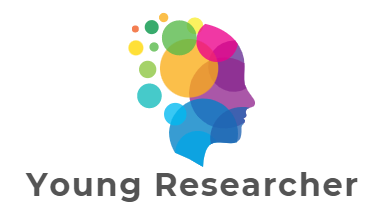Hypothesis: Social media use has a negative impact on mental health and well-being.
Experimentation details:
- Participants: Select a sample of high school students who regularly use social media. Randomly assign them to two groups: an experimental group that will significantly reduce their social media use for a period of time, and a control group that will maintain their normal social media use.
- Procedure: Measure the mental health and well-being of all participants at the beginning of the study, using a validated questionnaire or scale. Then, ask the experimental group to limit their social media use to a predetermined amount (for example, no more than 30 minutes per day), while the control group continues with their normal social media use. After a set period of time (for example, two weeks or a month), measure the mental health and well-being of all participants again using the same questionnaire or scale.
- Data collection: Use a standardized questionnaire or scale to measure mental health and well-being. For example, the participants could complete the Perceived Stress Scale (PSS), the Generalized Anxiety Disorder Scale (GAD-7), and the Patient Health Questionnaire (PHQ-9). Additionally, collect data on the amount of time each participant spends on social media each day.
Data analysis:
- Compare the mental health and well-being scores of the experimental and control groups before and after the intervention. Use statistical tests (such as a t-test) to determine whether there is a significant difference in these scores between the two groups.
- Analyze the data on social media use to determine whether the experimental group successfully reduced their use compared to the control group. Calculate the average daily social media use for each group before and after the intervention.
- Analyze the relationship between social media use and mental health outcomes. For example, use regression analysis to determine whether the amount of social media use is a significant predictor of mental health and well-being scores.
Based on these results we know whether to reject our hypothesis or we fail to reject the hypothesis.
Go through this wonderful literature review to understand how a research paper is structured. The references will give you more material you can download for further reading.
A guide to qualitative analysis is available here.



Pingback: Generalized Anxiety Disorder Scale (GAD-7) - Young Researchers